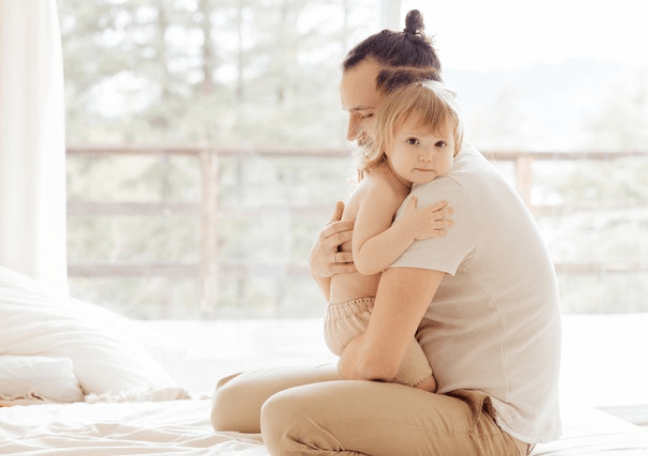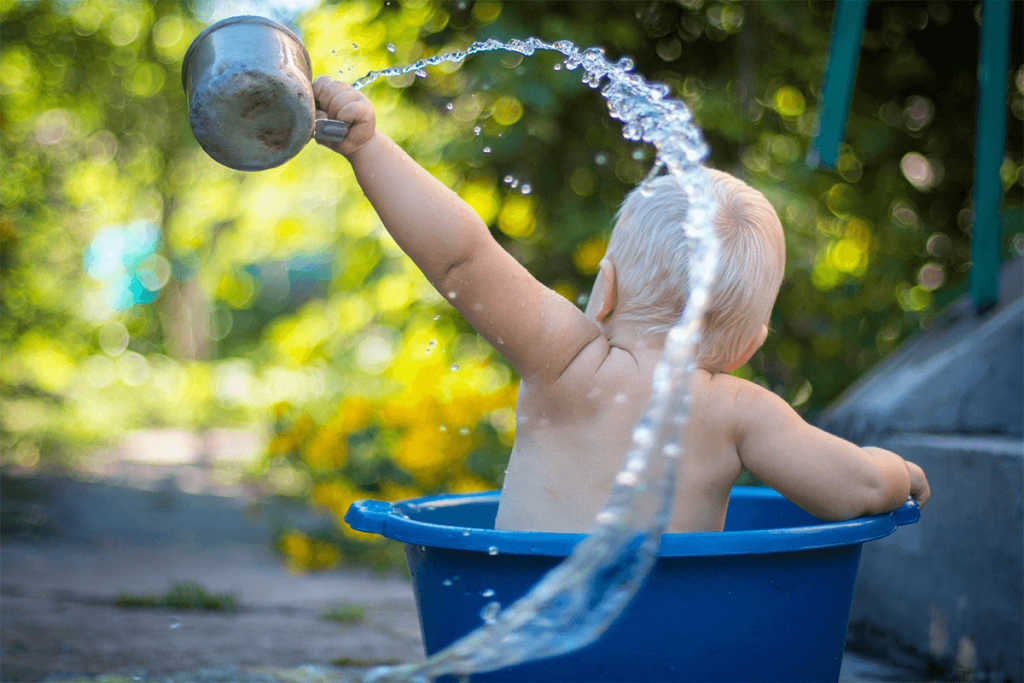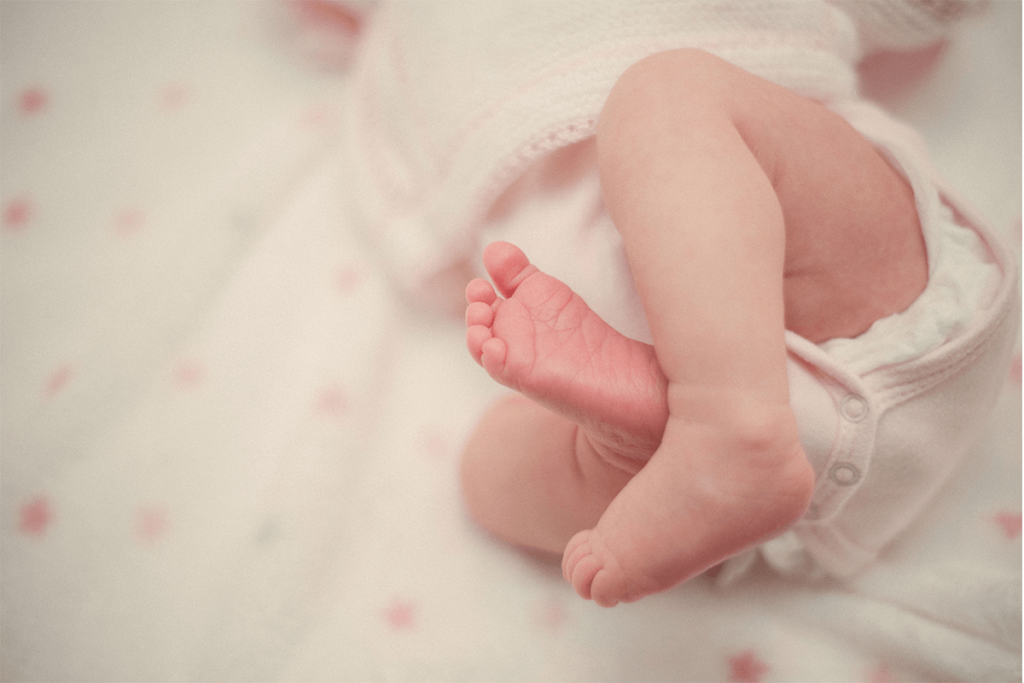Bonding, probably one of the most pleasurable parts of infant care, happens during the sensitive time in the first hours and days after birth when parents make a deep connection with their infant. Physical closeness can promote an emotional connection.
For infants, the attachment contributes to their emotional growth, which also affects their development in other areas, such as physical growth.
Begin bonding by cradling your baby and gently stroking him or her in different patterns.
Both you and your partner can also take the opportunity to be “skin-to-skin,” holding your newborn against your own skin while feeding or cradling.
Babies, especially premature babies and those with medical problems, may respond to infant massage. Certain types of massage may enhance bonding and help with infant growth and development. Many books and videos cover infant massage — ask your doctor for recommendations. Be careful, however — babies are not as strong as adults, so massage your baby gently.
Babies usually love vocal sounds, such as talking, babbling, singing, and cooing. Your baby will probably also love listening to music. Baby rattles and musical mobiles are other good ways to stimulate your infant’s hearing. If your little one is being fussy, try singing, reciting poetry and nursery rhymes, or reading aloud as you sway or rock your baby gently in a chair.
Some babies can be unusually sensitive to touch, light, or sound, and might startle and cry easily, sleep less than expected, or turn their faces away when someone speaks or sings to them. If that’s the case with your baby, keep noise and light levels low to moderate.


